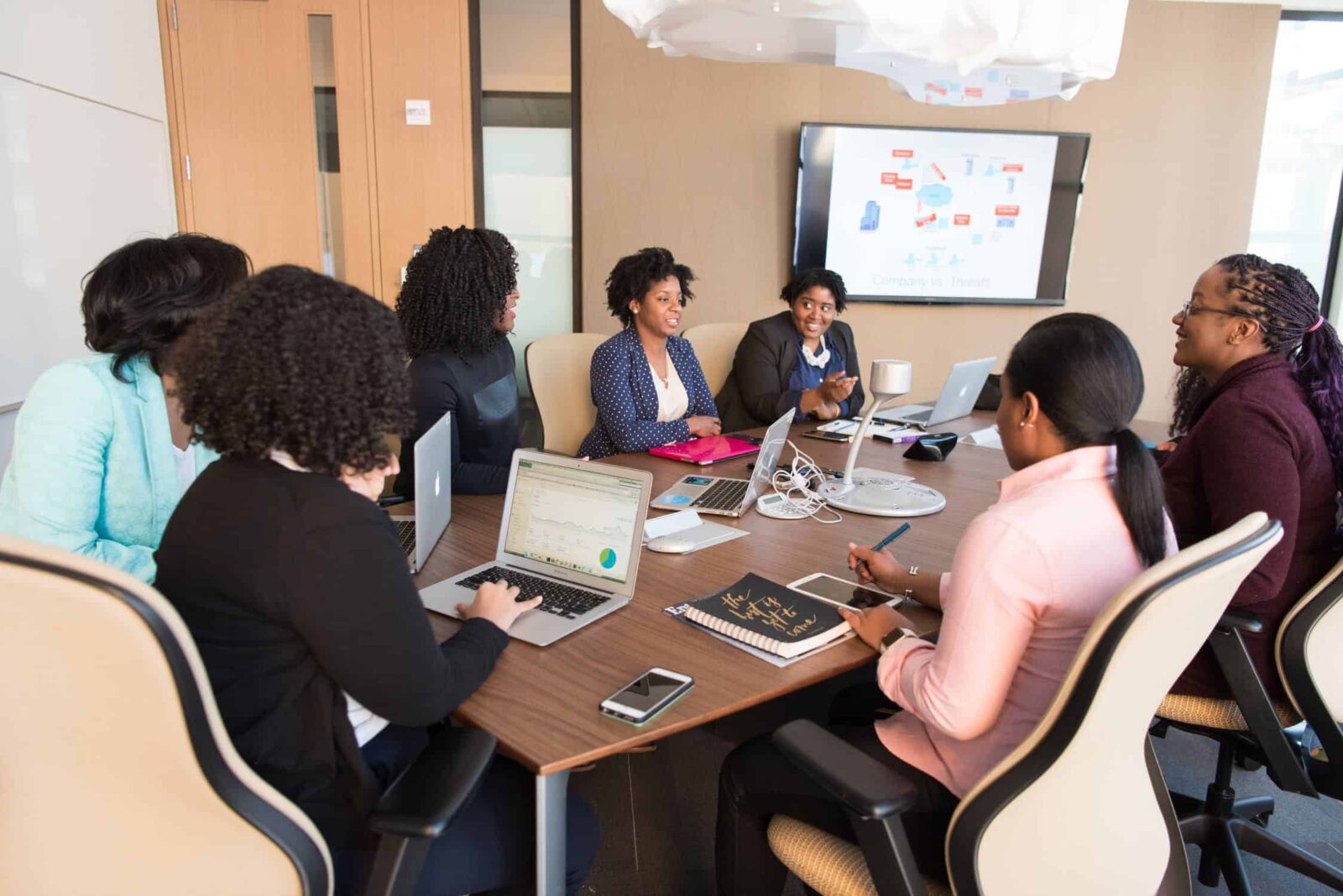In a strategic initiative aimed at driving economic growth and job creation in Ghana, the International Finance Corporation (IFC) has partnered with Access Bank to enhance financial access for small and medium-sized enterprises (SMEs). A significant portion of this effort is focused on empowering women entrepreneurs, giving them the financial support necessary to grow their businesses and contribute meaningfully to the country’s economic development.
Expanding Access to Finance for SMEs
As part of this collaboration, the IFC will invest up to $10 million, in Ghanaian Cedi equivalent, through an unfunded risk-sharing facility (RSF) to support SME lending. The facility will target businesses across various sectors, including agriculture, healthcare, education, and environmentally sustainable industries. This investment will promote sustainable business practices such as energy conservation, waste reduction, and green building solutions.
The RSF will act as a 50% guarantee on a portfolio of eligible loans, totaling up to $20 million. This guarantee will help mitigate currency risks, ensuring local businesses are shielded from currency fluctuations. To promote gender equality, at least 25% of the facility will be allocated to women-owned SMEs (WSMEs).
Supporting Women-Owned Businesses
A critical component of the partnership is its focus on women entrepreneurs in Ghana. By dedicating a quarter of the funding to women-led businesses, the initiative seeks to close the finance gap that has traditionally hindered the growth of WSMEs. Women entrepreneurs often face greater challenges in securing financing, and this program represents a significant step towards creating a more inclusive business landscape.
Olumide Olatunji, Managing Director of Access Bank Ghana, highlighted the importance of empowering small businesses, particularly those led by women. He stated, “Empowering micro, small, and medium enterprises is crucial to promoting economic growth. Our partnership with IFC will provide these businesses with the financial boost they need to thrive and contribute meaningfully to the country’s economy.”
Enhancing SME Financial Inclusion
The RSF is part of the IFC’s Small Loan Guarantee Program (SLGP), backed by the European Fund for Sustainable Development (EFSD) under the EU’s Global Gateway initiative. This program aims to de-risk and expand financing for SMEs not only in Ghana but also in other eligible countries. By enhancing financial inclusion, the program seeks to bridge the finance gap that exists for SMEs in emerging economies.
Beyond financial support, the IFC will offer advisory services to Access Bank to strengthen its capacity to lend to SMEs. This includes training and resources to improve the financial management and business skills of SMEs, ensuring they are better equipped to grow and succeed.
Tripling WSME Loan Portfolio
With IFC’s backing, Access Bank Ghana aims to significantly expand its outreach to underserved business segments, especially WSMEs. The goal is to triple the bank’s WSME loan portfolio, targeting $60 million by 2028. This ambitious target underscores the commitment of both organizations to fostering financial inclusion and empowering women in business.
Kyle Kelhofer, IFC Senior Country Manager for Ghana, emphasized, “IFC’s commitment to supporting SMEs with local currency funding reflects our dedication to driving economic growth and job creation in Ghana. By empowering smaller businesses with both financial and advisory support, we are fostering a more inclusive and resilient economy.”
Addressing the SME Credit Gap
Despite improvements in financial inclusion across sub-Saharan Africa, access to finance remains a significant challenge for many SMEs. According to the Global Findex Database, the credit gap for women-owned SMEs in Ghana was estimated at $213 million in 2021. This partnership between the IFC and Access Bank is a critical step in closing that gap and providing new opportunities for business growth.
A Decade of Support for Ghana’s Economy
Over the past decade, the IFC has invested nearly $2 billion in financing and advisory services in Ghana. These investments have spanned key sectors such as healthcare, energy, agribusiness, financial services, infrastructure, manufacturing, retail, education, and tourism. The partnership with Access Bank is the latest example of the IFC’s continued efforts to strengthen Ghana’s economy and promote inclusive growth.


















